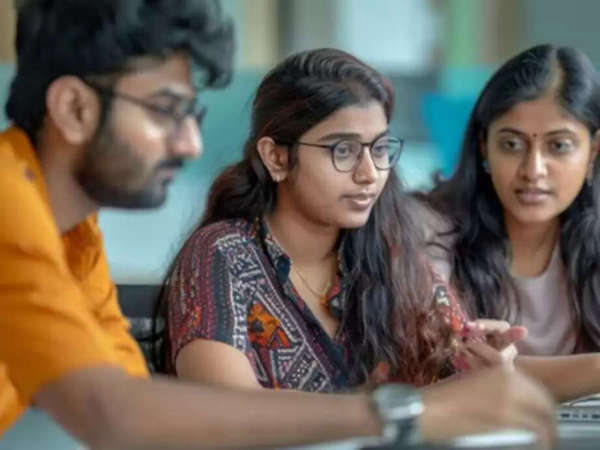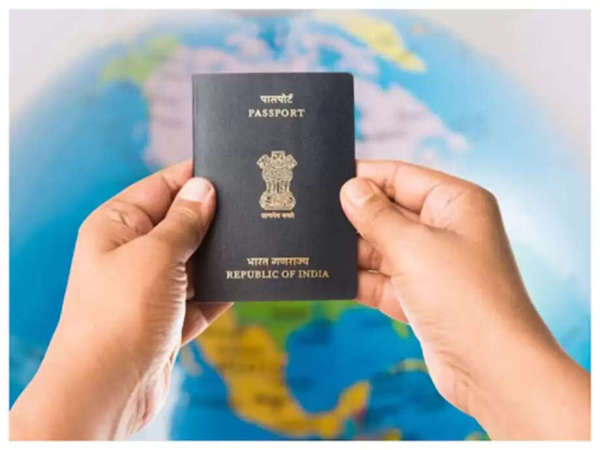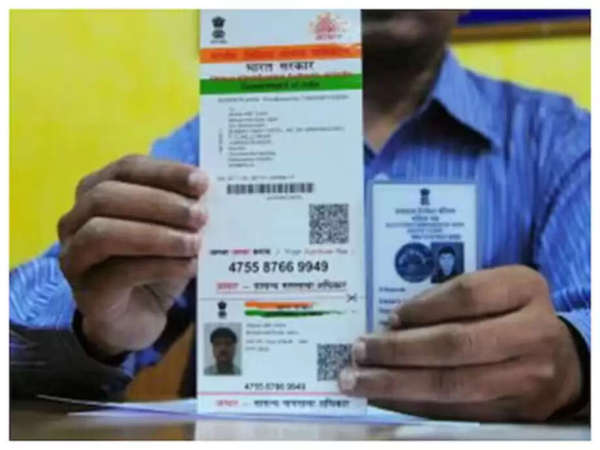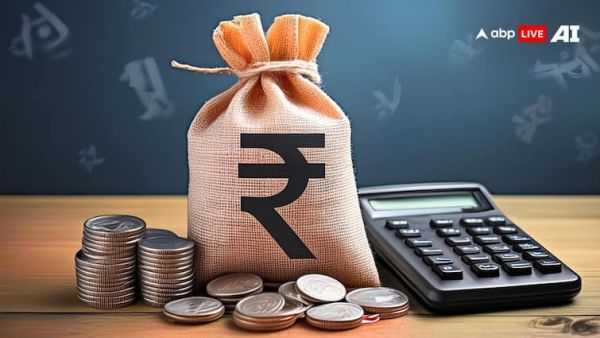
The Genesis of 'Stolen'
What sparked the idea for 'Stolen'?
The concept for 'Stolen' originated from a video depicting the 2018 lynching incident in Karbi Anglong, Assam. The disturbing visuals left me with a profound sense of fear and unease that I couldn't ignore. To process these emotions, I turned to writing. This led to the narrative of the Bansal brothers, who were tragically killed by a mob that mistakenly believed they were involved in child abduction, fueled by panic and misinformation spread through social media. This heartbreaking event became the foundation for the film's story and emotional depth.
Researching Mob Lynching
How extensive was your research on mob lynchings?
In my research on what has been termed the 'WhatsApp lynchings,' I discovered a deeper social crisis underlying the incident. It highlighted the collective fear among marginalized communities striving to protect their children, juxtaposed with the profound sorrow of parents who lose their children to such violence. This cycle of mistrust and desperation revealed systemic failures. Each aspect of the narrative—child trafficking, vigilante justice, and the breakdown of law enforcement—reflects different dimensions of the broader issue that led to the lynching.
Themes of Privilege and Conscience
Is 'Stolen' a commentary on privileged altruism?
At its essence, 'Stolen' portrays a man who is forced to confront a harsh reality outside his sheltered existence, compelling him to view the world from a different perspective. More broadly, the film serves as a reflection of a fractured society.
Inspiration from Real Events
Is the film based on a specific incident?
'Stolen' is not a direct retelling of a single event but rather a fictionalized emotional truth inspired by real occurrences. It seeks to explore how fear spreads, how empathy diminishes, and how quickly societal trust can erode.
Casting Choices
Why did you choose relatively unknown actors for the cast?
The casting process focused solely on the talent of each actor. With only five main characters, it was crucial that each role was impactful. Abhishek Banerjee, one of the finest actors today, was an obvious choice for Gautam Bansal. He quickly connected with the script and joined the project without hesitation. The chemistry between the characters was vital, especially for the Bansal brothers, and Abhishek recommended his friend Shubham Vardhan, who proved to be an exceptional fit.
Finding the Right Talent
Who plays the tribal character?
Mia Maelzer was suggested by our talented casting director, Dilip Shanker. After watching her short film 'The Field,' I was convinced she was perfect for the role of Jhumpa. She is a dedicated collaborator, emotionally engaged, and fully committed to her craft.
Filming Techniques
Were the chase scenes filmed with hidden cameras?
No, the chase sequences were meticulously planned to create an authentic and immersive experience for the audience. Our skilled crew worked in harmony to achieve a raw and spontaneous feel, which was essential for the film's vision.
Emotional Impact of Filming
How traumatic was it to shoot the mob lynching scene?
Shooting that scene was emotionally intense, particularly for Abhishek. The lines between acting and reality blurred significantly, leading to a powerful emotional response from him after the take. It was a stark reminder of the real-life horrors we were depicting.
Crew's Reaction to the Scene
Was the atmosphere on set heavy after filming that scene?
Yes, the entire crew felt a palpable heaviness after that scene. It was a sobering moment that underscored the gravity of the subject matter we were tackling.
Exploring Power Dynamics
Does the film critique the relationship between the empowered and the disempowered?
'Stolen' aims to explore the intersections of power and conscience rather than make definitive statements. It places characters from different backgrounds in situations where their lives collide, illustrating the complexities of their interactions. The empowered have a responsibility to act on their conscience, and the film reflects this dynamic.
Personal Reflection
Which character resonates more with you, Raman or Gautam?
Honestly, I might relate more to Gautam. However, after creating this film, I aspire to embody the courage of Raman. The real danger lies not in having a conscience but in failing to act on it.
The Future of Indie Cinema
After struggling for three years for a release, do you think indie cinema has a bleak future?
On the contrary, the future looks promising. Major film festivals have increasingly showcased Indian films, many of which have received prestigious awards. The success of films like 'All We Imagine As Light' at Cannes signifies a burgeoning era for Indian cinema, with the potential for more diverse storytelling.
Upcoming Projects
What are your next projects?
Currently, I am working on two significant projects as a screenwriter. One is a feature film for Mira Nair, which has been an enriching experience. The other is 'Dahaad' Season 2 for Amazon Prime Video, where I lead the writers' room. Additionally, I am developing two personal feature films: 'Nisaar,' a romantic thriller, and 'Ummeed,' a horror film written by Abhishek Banerjee.









